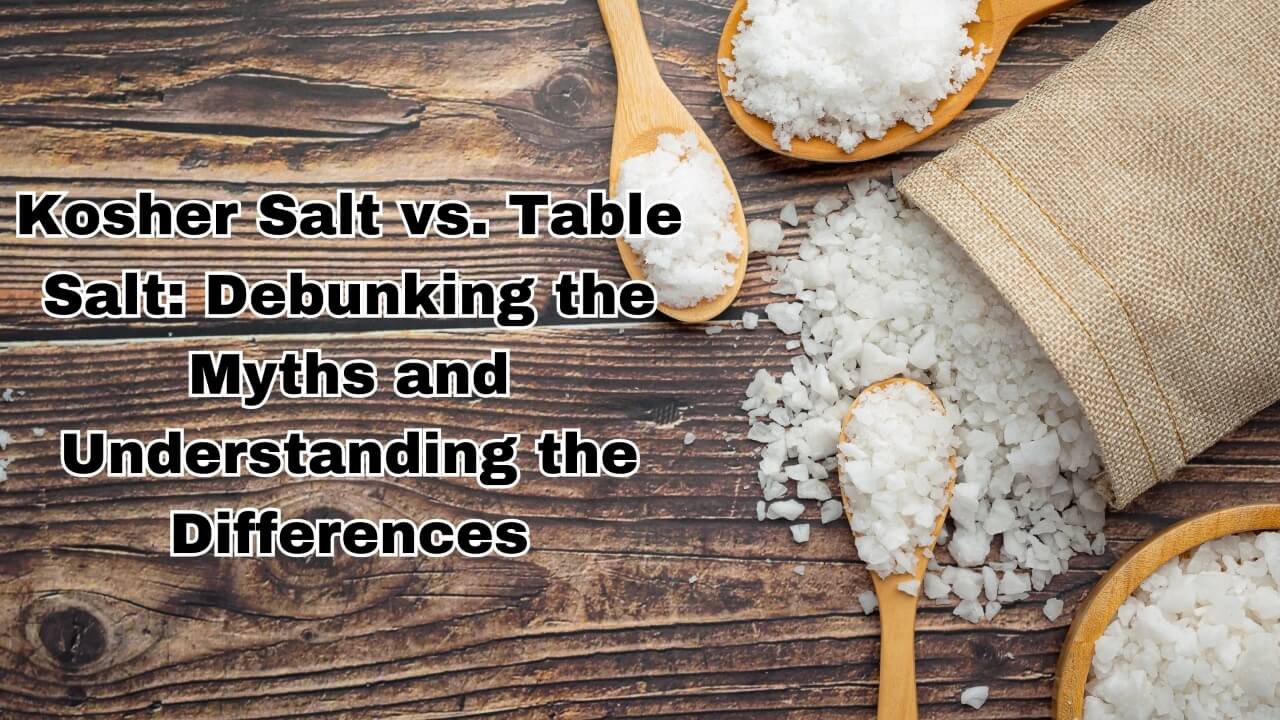Condolences are a way to express your sympathy, support, and love for someone who has experienced the loss of a loved one. Finding the right words and gestures to offer comfort during such a challenging time can be difficult, but it is essential to show your support.
One common way to convey your condolences is through thoughtful and heartfelt gifts or gestures. In this comprehensive guide, we will explore various ways to express your sympathy and what to send for condolences.
Sympathy Definition
Sympathy is a feeling of concern or sorrow for someone else's situation or suffering. It means that you care about their problem or pain, but you do not share or understand it. For example, you may feel sympathy for a friend who lost their job, but you do not know how they feel exactly. Sympathy can also mean that you agree with or support someone's opinion or cause. For example, you may have sympathy for a political movement that you believe in.
Sympathy is different from empathy and compassion. Empathy is when you can imagine and feel what someone else is going through, as if you were in their place. Compassion is when you not only feel sympathy or empathy for someone, but also want to help them or relieve their suffering.
It is an important emotion that can help us connect with others and show kindness and respect. It can also motivate us to take action or offer support when someone needs it. However, sympathy can also have some drawbacks, such as feeling pity or guilt for someone, or being less sensitive to their feelings. Therefore, it is important to balance sympathy with empathy and compassion, and to express it in appropriate ways.
What Is an Appropriate Sympathy Gift?
Choosing an appropriate sympathy gift requires thoughtfulness and consideration for the grieving person's feelings. Keep in mind the individual preferences and cultural sensitivities of the grieving person. The most important aspect is expressing your sincere condolences and letting them know you are there to support them in their time of need.
Here are the 9 Best Sympathy Gift Ideas to send as condolences:
1. Sympathy Cards

Image by pikisuperstar on Freepik
Sympathy cards are a timeless way to convey your condolences. These cards come in a wide range of designs and messages, allowing you to choose one that best suits the individual and the situation. While sending a sympathy card, it's essential to add a personal touch by writing a heartfelt message. Share your favorite memories of the deceased, offer your support, or simply express your deepest sympathies.
2. Flowers

Image by Freepik
Flowers are a universal symbol of sympathy and love. They can offer comfort and solace during difficult times. Different flowers carry distinct meanings, so consider the recipient's preferences and the message you want to convey. White lilies, roses, or chrysanthemums are commonly associated with sympathy. You can send a bouquet to the grieving family or have them delivered to the funeral service.
3. Sympathy Gift Baskets

Image by Swerseys Chocolate
Condolence gift baskets offer practical support and comfort. These can include items like gourmet foods (chocolates, wines, fruits etc.) comforting teas or coffees, and books on grief and healing. When selecting a gift basket, ensure it aligns with the grieving person's taste and needs, and always include a heartfelt note expressing your condolences.
If you want to express your condolences and sympathy to someone who has lost a loved one, a sympathy gift basket from Kosherline is a thoughtful and caring way to show your support. Kosherline offers a wide range of kosher sympathy gift baskets, filled with gourmet foods, fresh fruits, chocolates, cookies, cakes, and more. You can choose from different sizes, themes, and prices, to suit your budget and preference. You can also add a personalized message card, to convey your heartfelt words and sentiments. Our sympathy gift baskets are delivered with care and professionalism, to ensure that your recipient receives your gift in time and in perfect condition. Kosherline's sympathy gift baskets are more than just gifts; they are gestures of love, comfort, and compassion. Order yours today and let Kosherline help you share your sympathy with someone who needs it. Shop now!
4. Memorial Jewelry

Image by KamranAydinov on Freepik
Memorial jewelry provides a tangible way to remember and honor the deceased. It can be a necklace, bracelet, or even a keychain with the name or initials of the departed loved one. This type of gift allows the grieving person to carry a small piece of their loved one with them, providing a sense of comfort and connection.
5. Donations

Donations made in the name of the deceased are a meaningful and impactful way to pay tribute. You can contribute to a charity or a cause that was important to the departed, which not only honors their memory but also makes a positive impact on the world. Ensure that you inform the family of the donation you've made in their loved one's name.
6. Photo Albums or Frames

Image by Freepik
A thoughtful and personalized gift is a photo album or a picture frame. You can create a photo album with pictures of the deceased and their loved ones, or provide a beautiful frame for the family to display a cherished photo. It's a tangible way to celebrate the life of the person who has passed.
7. Food Deliveries

Image by Freepik
During times of mourning, the grieving family may find it challenging to prepare meals. Sending over a meal or a food delivery service, such as a casserole, can be immensely helpful. Ensure you inquire about dietary preferences or restrictions and coordinate with the family to choose a suitable time for delivery.
8. Memorial Trees or Plants

Image by Freepik
Planting a memorial tree or gifting a potted plant is a lasting and environmentally friendly way to express condolences. It symbolizes growth, life, and the continuation of the memory of the deceased. The family can nurture and watch the tree or plant grow, just as they will cherish the memories of their loved one.
9. Comforting Books

Image by Freepik
Books on grief, healing, or memoirs of individuals who have experienced loss can be incredibly comforting for those in mourning. These books can provide insight, solace, and guidance during a difficult time. Include a personal note explaining how the book may offer support and understanding.
Conclusion
Condolences are not just about sending material gifts; they are about offering your support, empathy, and understanding during a difficult time. The most important thing is to be there for the grieving person, whether through words of comfort, a shoulder to lean on, or the thoughtful gifts mentioned in this guide. By expressing your condolences in a compassionate and considerate manner, you can provide essential support during their journey of grief and healing.






























































